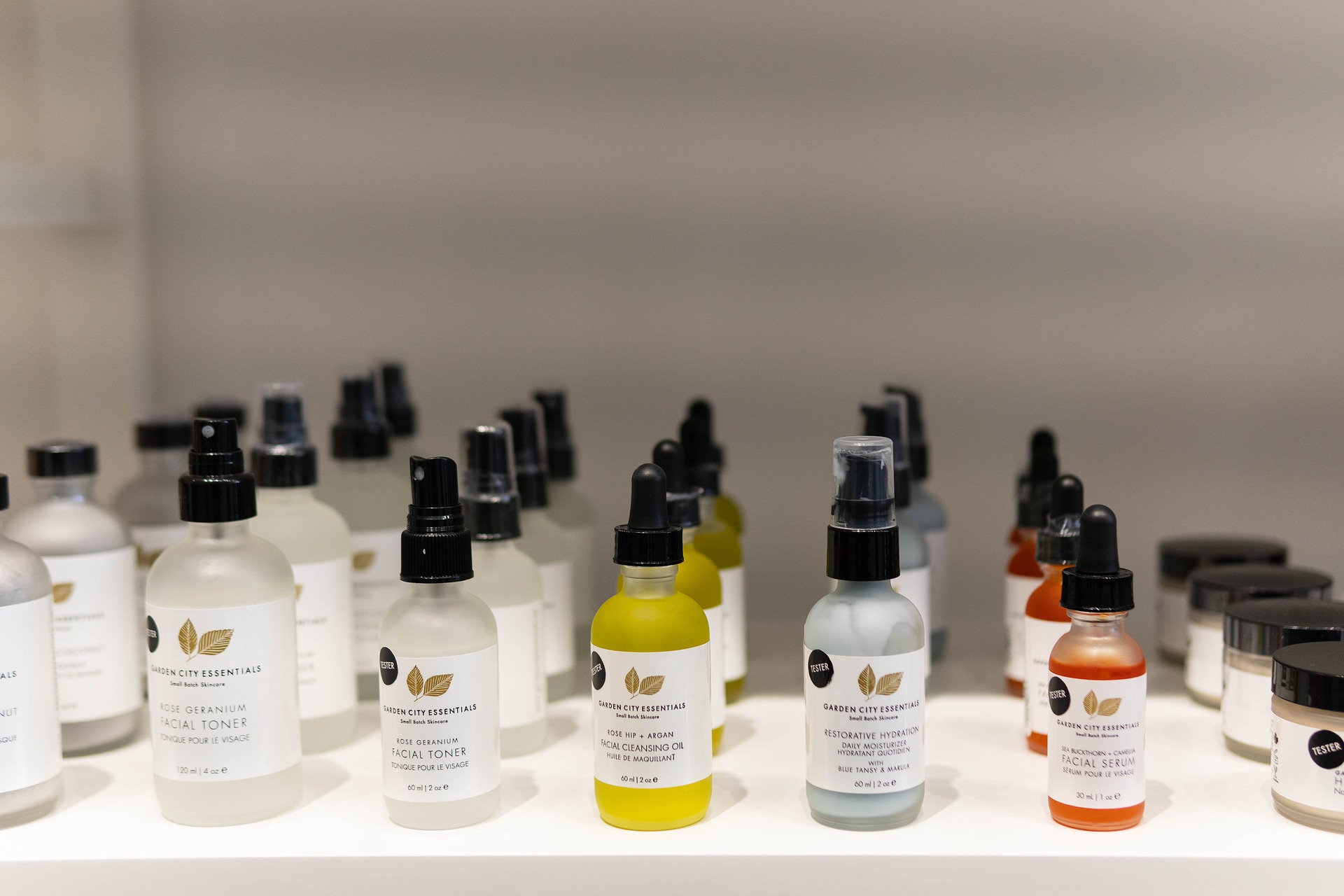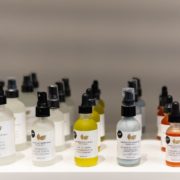What is the best, free natural anti-aging technique? (Can we get over this rant?)

I get a daily feed of dozens of questions being asked by Quora.com subscribers that fall in the area of retirement, health and wellness, aging, and career transition.
I try to respond to one or two of those questions daily.
Most questions are worthy of attention, but every day produces some doozies. For example, here’s a sampling from the last couple of days:
- What are some reasons not to live to be 100?
- At what point did you start feeling old, and how did you get over it?
- How does it feel to be old (Ex: 40)?
- Why can’t I find a career I like? I just got my mortgage license at the age of 40 it’s been a year and now I hate my job. I’ve spent so much time and $ on getting licensed. I feel too old to keep doing this.
- Been self-employed for nearly a decade, desperate times, going back to having a second job, been long since I’ve worked in a supermarket, lots has changed, I’m in my mid 30s, scared and nervous as hell, how to handle my nerves? Also feel so old.
By far, the most common question revolves around the topic of “anti-aging.”
I grind my teeth every time I see one.
Where do we get this idea that we can “anti-age?” Last I heard, we don’t come out of this thing alive.
Well, rather than grind, I decided to fire off a response to one and it seemed to kick up quite a few views. So I’ll share it with you.
Here was the question :
What is the best, free natural anti-aging technique?
– and my response
Golly, folks – can we give “anti-aging” a rest??
Seriously, we’re making it way too easy for all these wonder cream and untested supplement manufacturers to laugh all the way to the bank.
May I quote Dr. Walter Bortz, retired Stanford geriatric physician from his book “Dare to Be 100”?
“Life is a fatal disease. Once contracted, there is no known cure.”
The rude, unassailable truth is that you and I are going to get wrinkly, creaky, and then die.
How ’bout we get rid of “anti-aging” – because it isn’t possible – and substitute it with something like “slower aging” or “decelerated aging.”
I know – really clunky.
Anti-aging is so easy and has a natural appeal even though it’s bunk, creating a hopeful image of something that isn’t possible.
We can’t stop the aging process – but we can slow its momentum.
Perhaps that’s a more reasonable, attainable goal. Given that we are going to grow old, let’s avoid GETTING OLD as long as possible.
OK, you can call it anti-aging or whatever you like, but I’m going to call it removing the accelerants of aging and suggest that you work toward eliminating those accelerants first.
Then maybe consideration of some of those wonder creams and supplements can come into play.
There are more than a few “accelerants.”
Let’s take a look at a dozen:
1. No exercise. I know, you’re tired of hearing it. And I know it’s likely you will buck it up at some point and renew that gym membership and just as likely you will fall off again six weeks later. It’s just not built into your lifestyle and it won’t sustain until you build it in. Think of it this way. Can you find 2.6% of your week that is going to unhealthy activities (TV, barstools, Facebook, etc.) and convert that to 45 minutes of combined aerobic and strength training six days of the week? That’s only 10% of the time the average American male spends each week watching TV (49 hours).
The potential ROI: living longer, dying shorter; more vitality longer; look better, feel better; amaze your overweight, sedentary, deteriorating friends; lower healthcare costs.
Perhaps this admonition from Dr. Henry Lodge in the book “Younger Next Year” will help:
“Aerobic exercise will give you life; strength-training will make it worth living.”
2. Diet heavy in animal products. Heart disease remains the number one killer in our culture. The link between heart disease and a diet heavy in animal products i.e. meat and dairy is indisputable despite all the claims to the contrary by those industries. A whole-food, plant-heavy diet brings with it a long list of benefits, only one of which is the reduced likelihood of heart disease. It also reduces the possibility of cancer, stroke, diabetes, and dementia which round out the rest of the top five killers in our culture.
3. Mindset. It’s amazing and disturbing to me how many of my generation are still of the mindset that senescence and frailty are automatic when we have so much evidence and knowledge to the contrary and many weapons against both.
Any personal move to add years to your life and life to your years has to start with a mindset that doesn’t accept this old thinking.
4. Healthcare illiteracy. We’ve allowed our personal healthcare to become a $35 co-pay experience with a physician who is entrenched in a disease-care system focused on cure and not on prevention. As such we put our self-care in a reactive mode versus a proactive mode. We think health only when something skids off the rails and then face a system that only knows drug it or cut it out.
One of the major keys to longevity is “self-efficacy” i.e. taking control of your own health destiny by understanding how your biology works, knowing where you stand against the key biomarkers of good health (see Key Step #2 in my free e-book Achieve_Your_Full-Life_Potential), and taking charge of your own health through increased knowledge and proactive action.
5. Conformity. Sir Walter Scott said he would trade whole years filled with mindless conformity for “one hour of life crowded to the full with glorious action, and filled with noble risks.”
When dying people in a hospice are asked about any regrets they had about their lives, by far the most common regret is “I wish I had pursued my dreams and aspirations, and not the life others expected of me.” ‘Nough said. Conformity involves comparison. Comparison is one of the biggest killers of happiness. Don’t believe that? Check out what Facebook is doing to our younger generations.
6. Suppressing courage. In the same hospice study, the second most common regret was “I wish I had the courage to express my feelings and speak my mind.” The author of the study, an Australian palliative care nurse by the name of Bronnie Ware learned that “many of her dying patients believed they suppressed their true feelings and didn’t speak their mind when they should have because they wanted to keep peace with others.”
Most of them chose not to confront difficult situations and people, even when it offended them. By suppressing their anger, they built up a lot of bitterness and resentment which ultimately affected their health. See the complete article here.
7. Toxic relationships. Jim Rohn, the renowned businessman and motivational speaker, famously said that “we are the average of the five people we spend the most time with.” Relationships with toxic people steal away life-giving energy while being around positive, encouraging, supportive people who are continuing to grow can restore energy. Choose your relationships wisely and dissolve those that are harmful.
8. Stopping learning. Historian Peter Laslett emphasizes that only by living into our natural lifespan are we able to exploit our true potential. As we age, our brain cells can become intimately connected with new and emerging realities. A lifelong strategy of learning is a potent force for good. Smart people live longer.
9. Isolation. According to the AARP Foundation, the health risk of prolonged isolation is equivalent to smoking 15 cigarettes a day. Research has shown a 26 percent increased risk of death due to the subjective feelings of loneliness.
10. Not working. Evidence has been in for a long time. Work is necessary for longer, healthier living. Polls of centenarians have revealed that an astonishingly high percentage of them continue to work and that they rank working alongside being able to walk as one of the keys to their longevity.
11. Narrowed comfort zones. As we age, we may tend to narrow our comfort zones. For example “I’ve never done that” or “I don’t know anything about computers” or “I’m too old to start that”. These responses are indicators that the fossilization process is underway. The fact that you hear 50-year olds making these statements is proof that “old” can start at any age. Source: The New Retirementality.
12. Traditional retirement. Going over the cliff from labor-to-leisure, vocation-to-vacation retirement can erode sense of purpose and identity. Without purpose, many of the life-shortening elements of retirement begin to creep in – boredom, increased isolation, declining social engagement, reduced physical activity, depression.
One in five of Americans over 65 suffer from some level of depression. Men aged 75 and older have the highest annual suicide rate of any group.
Calling Dr. Bortz back on stage, we hear him say:
“Our ripples, the energy signature of our life, remain and endure. Rippling exalts Mozart, Buddha, Aristotle, Christ, Einstein, Darwin, to name a few, whose lives’ energies persist and penetrate today in a larger way than they did while alive. Similarly, even the most modest among us leaves ripples behind.”
“Once we confront our own mortality, we find it vastly easier to re-arrange our priorities, communicate more deeply with those we love, appreciate more keenly the beauty of life, and increase our willingness to take the risks necessary for personal fulfillment. And imprint our ripples on the cosmos forever.”
Instead of an anti-aging fixation,
– how about more emphasis on our “ripples” and less on our “wrinkles?”
Mankind can use the help.
Can you add to this list? We’d love your feedback. Leave a comment below.





Why didn’t you mention meditation? Numerous studies point to youthful living.
That’s an “oops” on my part, Madhu. You are right – thanks for bringing it up. Meditation is misunderstood and underused, especially here in the U.S. I’m still working at making it a fixed part of my daily routine. Thanks for reading and contributing.
Another perspective: for years I thought it was all about muscle mass. Then I thought it was the heart. Both wrong, they take care of themselves. The weak link in our chain is our blood vessels. Forcing, stoking, ratcheting up our circulation (any way we please) is the tool that repairs them. (courtesy of Henry Lodge)
Absolutely spot on Jeffrey. I remember Dr. Lodge reminding us that heart attacks aren’t about the heart. They are all about circulation. His chapter on the C-6 and C-10 exchange that goes on when we exercise was mind-blowing and a turning point for me in my view of exercise. I love his quote: “Aerobic exercise will give you life, strength training will make it worth living.” Thanks for taking the time to contribute.
Another great post Gary! Just a few ideas of some more to add to your list; reduce your stress, reduce your alcohol consumption and be sure to focus on your dental care 🙂
Thanks for chiming in, Susan. Great suggestions. Does that mean I should only have a half a beer now at the end of the day. Not sure that will work fpr me, but I guess I’m safe. Yay verily on the dental care. I didn’t have it growing up. I only have four teeth in my mouth that aren’t capped. That’s expensive! But fortunately, I’ve still got most of them. My dad had all his teeth removed within a week before age 20 and had dentures ’til he died at age 81. Ugh.